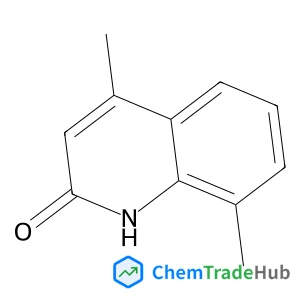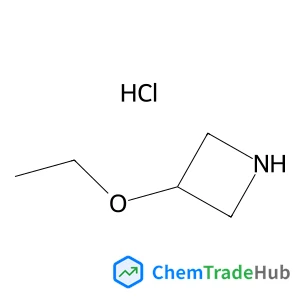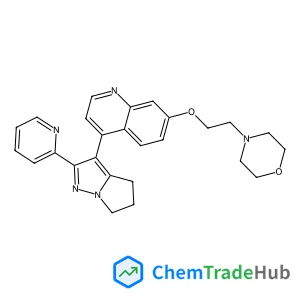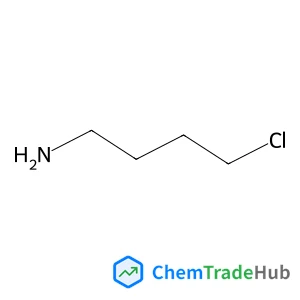Palladium-catalyzed silaborative carbocyclizations of 1,6-diynes
文献信息
Qian Zhang, Qiu-Ju Liang, Jian-Lin Xu, Yun-He Xu
An addition/cyclization reaction of 1,6-diynes was developed for the synthesis of highly substituted 1,2-dialkylidenecycloalkanes. In this work, 1,6-diynes reacted with (dimethylphenylsilyl)pinacol-borane in the presence of a palladium catalyst to afford 1,2-dialkylidenecycloalkanes bearing silyl and boryl groups with a (Z,Z)-configuration in good to excellent yields. Moreover, the corresponding products could be easily converted into other synthetically useful compounds. This protocol provides an efficient and practical method of heteroelement–element linkage addition to the unsaturated 1,6-diynes.
相关文献
IF 6.367
Back coverIF 6.222
Enhanced power performance of an in situ sediment microbial fuel cell with steel-slag as the redox catalyst: I. electricity generationIF 6.367
Sugar ketals as a platform molecule to overcome the limitation of converting biomass into green-hydrocarbons in a typical refineryIF 6.367
Triboelectric nanogenerators for a macro-scale blue energy harvesting and self-powered marine environmental monitoring systemIF 6.367
Mechanism of lignocellulose modification and enzyme disadsorption for complete biomass saccharification to maximize bioethanol yield in rapeseed stalksIF 6.367
Increasing efficiency of perovskite solar cells using low concentrating photovoltaic systemsIF 6.367
Surface structure-dependent electrocatalytic reduction of CO2 to C1 products on SnO2 catalystsIF 6.367
Stabilizing synthetic DNA for long-term data storage with earth alkaline saltsIF 6.222
Highly efficient and durable III–V semiconductor-catalyst photocathodes via a transparent protection layerIF 6.367
来源期刊
Chemical Communications
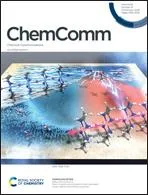
ChemComm publishes urgent research which is of outstanding significance and interest to experts in the field, while also appealing to the journal’s broad chemistry readership. Our communication format is ideally suited to short, urgent studies that are of such importance that they require accelerated publication. Our scope covers all topics in chemistry, and research at the interface of chemistry and other disciplines (such as materials science, nanoscience, physics, engineering and biology) where there is a significant novelty in the chemistry aspects. Major topic areas covered include: Analytical Chemistry Catalysis Chemical Biology and medicinal chemistry Computational Chemistry and Machine Learning Energy and sustainable chemistry Environmental Chemistry Green Chemistry Inorganic Chemistry Materials Chemistry Nanoscience Organic Chemistry Physical Chemistry Polymer Chemistry Supramolecular Chemistry
推荐供应商
 Excenen Pharmatech Co., Ltd
Excenen Pharmatech Co., Ltd Baerlocher英国
Baerlocher英国 格斯特拉 AG
格斯特拉 AG Apexbio技术有限公司
Apexbio技术有限公司 武汉荣申化工有限公司
武汉荣申化工有限公司 熱力實驗室科學設備 有限公司
熱力實驗室科學設備 有限公司 印刷科技有限公司
印刷科技有限公司 BIOLAB GmbH
BIOLAB GmbH 深圳市林川精密科技有限公司
深圳市林川精密科技有限公司 瑞德威特有限公司
瑞德威特有限公司










